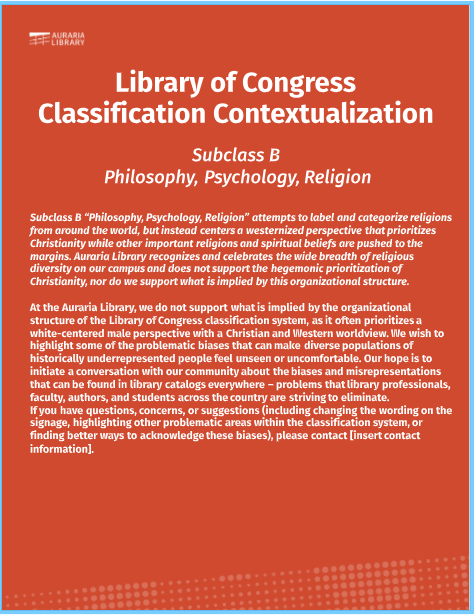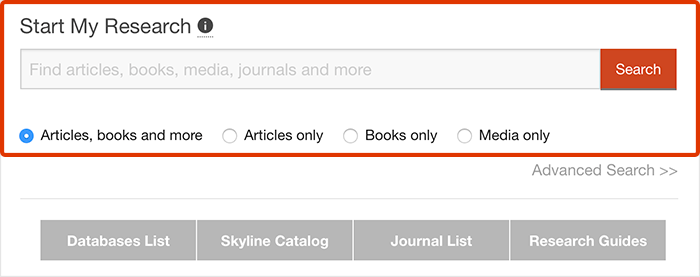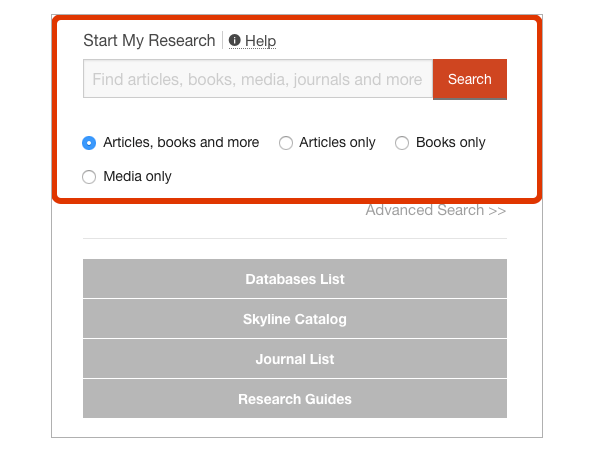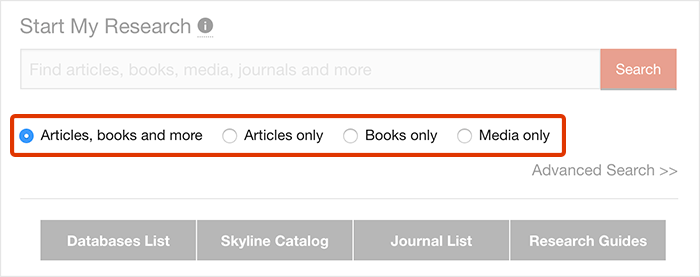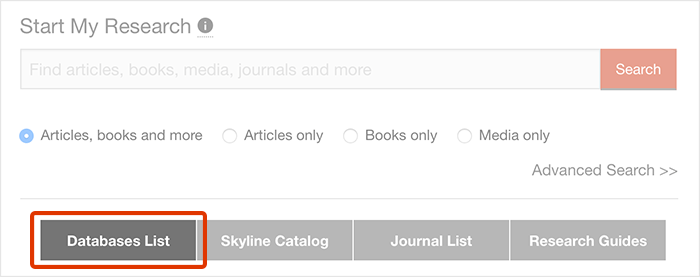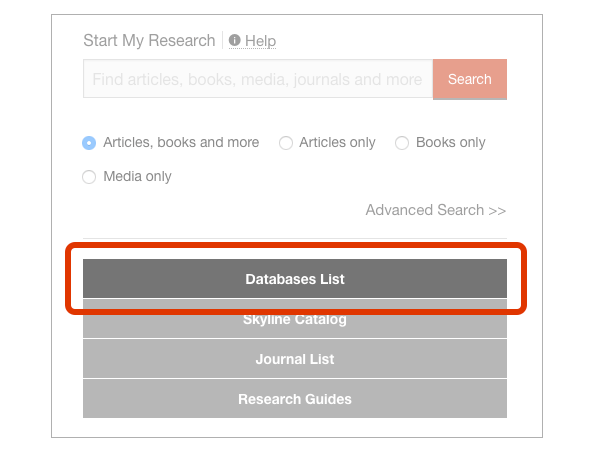What's On This Page:
Addressing Biases in the Auraria Library Catalog
The Library of Congress, the country’s oldest cultural institution, was established as a legislative library in 1800 and grew to become a national institution in the late Nineteenth Century. Almost a century after its founding, the Library of Congress Classification System was created and distributed across the United States for other libraries to utilize. This means that the over 100-year-old system of one institution dominates library catalogs across the country.
The Library of Congress and its classification system reflect the period in which they were developed as well as the identities of their creators. This organizational system prioritizes a white-centered male perspective with a Christian and Western worldview. It also takes for granted the assumptions of these perspectives, that is, assumptions steeped in white supremacy, which affects all areas of the catalog.
At the Auraria Library, we do not support white supremacy or any other implications of the organizational structure of the Library of Congress Classification System. We recognize that there are numerous issues found within the classification system, and we wish to highlight some of the problematic biases that can make diverse populations of historically underrepresented people feel unseen or uncomfortable.
Per the Library’s Mission Statement, we strive to support the diverse populations of the three campuses and to teach research skills that enable and inspire lifelong learning. Supporting this mission is part of why we are working on this project. Library catalogs – including our own – are biased. Understanding these biases helps researchers better understand what may be more difficult to find.
Our hope is to initiate a conversation with our community about the biases and misrepresentations that can be found in library catalogs everywhere – problems that library professionals, faculty, authors, and students across the country are striving to eliminate.
Read More...
Our Steps to Address These Biases:
- Stacks Signage – there are signs throughout the stacks highlighting key areas where biases are more egregious.
- Informational Webpage – this page seeks to inform users about the background around catalog biases more deeply.
- Outreach - we will engage with the campus community and collect feedback from users regarding the content of this webpage and in the stacks signage.
If you have questions, concerns, or suggestions (including changing the wording on the signage, highlighting other problematic areas within the classification system, or finding better ways to acknowledge these biases), please Tell Us.
Read More...
Philosophy, Psychology, Religion
Subclass B “Philosophy, Psychology, Religion” attempts to label and categorize religions from around the world, but instead centers a westernized perspective that prioritizes Christianity while other important religions and spiritual beliefs are pushed to the margins. While Judaism (BM), Islam (BP), and Buddhism (BQ) all have their own subclass within the Library of Congress Classification System, numerous subclasses center on The Bible and Christianity, which reflects a bias towards Western culture and Christianity.
History of the Americas
Indigenous Peoples
Subclasses E and F “History of the Americas” both utilize culturally insensitive language to categorize the First Nations people of the Americas. For example, Native Americans in the United States are referred to as “American Indians” and are listed under “Indians of North America.” These terms classify and group together the Native American people with those of Asian descent, but these terms also group Native Americans together despite the tribal and cultural diversity within Native American Nations. The language utilized within the Library of Congress Classification (LCC) system reflects problematic and harmful biases within Western culture that seek to erase the cultural depth and diversity within marginalized communities. LCC also places materials about Native Americans under “History” as though Native Americans are of the past when they are very much a part of the present and future.
Race in the United States
Subclasses E and F “History of the Americas” also arrange information specific to racial groups in the United States in a specific range of call numbers. This subclass also confines information about racial groups within the United States to a specific range of call numbers. This furthers the ostracization of marginalized racial groups while prioritizing Whiteness as the norm throughout the catalog.
Homesexuality & The Family, Marriage, Women
Subclass HQ “The family. Marriage. Women” groups these topics into one category, reinforcing traditional gender roles by associating women, but not men, with family and marriage. The Family classification does not imply the diversity and complexity of different types of families and kinship structures, and the Library of Congress Classification system could be more inclusive in both this classification and its sub-classifications.
Subclass HQ75-76.8 attempts to label and categorize all identities relating to gender or sexuality, an area that is constantly evolving. Outdated and potentially harmful terminology is used for LGBTQ identities, some of which have negative associations for LGBTQ people. LGBTQ identities are bordered by “Sexual Deviations” and “Sadism,” and some historical queer books are still included in the former classification. In addition, LGBTQ books are a subcategory of “Sexual Life,” while “Man-Woman Relationships” is its own subcategory, thus associating LGBTQ books with sex alone, while associating heterosexuality with the full scope and diversity of human relationships. This grouping, as well as the structural limitation of exploring queer experiences between only HQ74-77, "reinforces the reduction and erasure of queer identities."
Social Pathology
Subclass HV “Social pathology. Social and public welfare. Criminology” classifies identities related to disability, sexuality, gender, age, class, race/ethnicity, and citizenship status under the subheadings of “Protection, assistance, and relief” and “Special class.” This classification is derived from “historical associations with eugenics and dependency on the state." The organization of disability in the catalog comes from eugenics, which "organized bodies along the lines of degeneracy, dependency, defect, and monstrosity in contrast to an able-bodied norm." Unfortunately, the Library of Congress Classification mirrors the "official and scientific documents of the periods in which they were produced." These were shaped by rigid medical and sociological frameworks. Othering certain identities along a normal/abnormal divide is reductive and harmful.
Internal Medicine
Subclass RC "Internal medicine" includes psychiatry. Within this section are books on Gender Identity, Dysphoria, and sexual problems. This can be traced back to the American Psychiatry Society Diagnostic and Statistical Manual of Mental Disorders (DSM). The Library of Congress created this subclass using outdated guidance from the DSM that reflects harmful representation of Queerness as a psychiatric disorder, illness, or “deviation”. The language utilized within the Library of Congress Classification system reflects problematic and harmful biases within Western culture that seeks to erase the cultural depth and diversity within marginalized communities.
Additional Resources
- History of LC:
- https://www.loc.gov/about/history-of-the-library/
- https://www.loc.gov/loc/walls/history.html
- Example of a website statement from Stonehill College that Kelsey shared:
- Example of website statement from SUNY Potsdam College (includes links to other resources at the bottom of the page):
- "Browsing Through Bias" an article from Project Muse:
- A compiled list of other problematic subject headings and terminology:
Read More...


